As we work together to ‘flatten the curve’ (and maybe even eliminate) the spread of COVID-19 in New Zealand, many of us are thinking and focusing on what is near and close to us. We’re all working from home - we’re connecting with our neighbours - we’re buying local.
With this perspective shift, it’s easy to forget that almost every product we buy comes from somewhere overseas (or at least most or some of the raw materials or ingredients did). The supply chain which created each of these products supports the livelihoods of many people around the globe. Our products, for example, support farmers, factory workers, factory owners, and employees of freight companies - as well as our NZ-based team.
A number of you have been reaching out to ask about our suppliers, the situation in India and how you can help. The purpose of this blog post is to give you an update on what we know about their situation - and to share what we're planning to do in response to the evolving situation.
The global economic effects of the crisis are still unfolding - but what is already apparent is that this pandemic has had amassive impact on supply chains across the globe - and the fashion industry appears to have been particularly hard hit.
At Little Yellow Bird, we choose to work with people who are already reimagining how the fashion industry must change. We work with people that respect the planet and the people involved in creating our clothing. This is not the reality for your standard garment worker who typically works long hours with little pay and often in unsafe working conditions.
We are faced with a difficult choice
While we could make a case that we are an “essential service” in NZ and continue selling some of our current product offerings online, at LYB we have instead made a conscious decision to focus our efforts on working out how we will operate post lockdown and how we can best support our supply chain and the garment industry at large.
As the world's economy grinds to a halt, most of us are spending the coming weeks indoors and focusing on the impacts this will have on our own economy, families and communities. While this is absolutely necessary we must also consider how this unprecedented halt in global manufacturing will impact the world's most vulnerable, including the 40 million global garment workers - most of whom have limited financial resources or savings to fall back on in times of crisis.
The situation in India
In India where our goods are produced, the government has enforced a minimum 21 day lockdown with wide scale ramifications. The government has mandated that workers must continue to be paid, announcing a $22.5 billion relief package. While this is positive for documented and salaried workers (which is the case for those making LYB products), the reality is less positive for the millions of migrants and “off the books' workers believed to make up the majority of India's low wage workforce.
The three week lockdown is also expected to bring a heightened risk of infection for many workers living in cramped conditions that make social distancing impossible. The lockdown has left an estimated 300,000 workers stuck in factory hostels where rooms are often shared by up to a dozen people. Many migrant workers who were also accommodated and fed by their employers are now out of work, unable to access government funding and have been left with no option but to attempt the long journey home - often on foot.
Beyond the immediate implication of the lockdown is also the economic reality being faced by factory owners. As economies the world over have come to a standstill and retailers shut their doors, brands are reacting in ways that will have long lasting implications for millions of garment workers and their families. Many brands are using emergency provisions in contracts to stop shipments and avoid paying for goods they had already ordered, meaning factories in many cases are left unable to pay the wages of the workers who made these products.
The situation with LYB's suppliers
We are in daily contact with our suppliers, and as the workforce are documented salaried employees we are confident that those making our products will continue to receive all support and benefits throughout this period. As we choose to only work with socially conscious producers that share our values we are looking for ways we can work together to mitigate any losses as best we can. As a company committed to ethical manufacturing, we have a responsibility to uphold the values that are the reason for our existence. We support this by remaining committed to the obligations we made when we placed our orders and we continue to make all payments owed on goods received. We have also not cancelled any upcoming productions and are actively looking for ways we can pick up any extra capacity as a result of other brands cancellations.
Central to our brand has always been an understanding and responsibility for all those within our supply chain. Our decisions continue to be made in the best interests of all those we work with. Our decision and call for help to liquidate stock in the lead-up to the lockdown has not only ensured our immediate survival but also meant that we are now in a much better position to place new orders with our factories once they come out of lockdown. This will be essential to ensuring their survival too.
What we're planning to do next
With a difficult year in trading expected for everyone we are rapidly making changes to how we operate so we can best serve our customers, employees and suppliers. Here are some of the things we're currently planning to do.
We're doing the opposite of cancelling orders with our factories - instead, to assist our factories with their short term cash flow needs, for all of April we will immediately be re-directing 50% of the revenue from our online retail store directly to purchasing new orders at our factories.
Rather than delay our winter collection, we intend to release this on a pre-order basis so that we can roll it out sooner and therefore pay our factory earlier than we would otherwise need to considering the delays caused by the lockdowns. We are excited to trial this as it also means we can ensure we create the exact sizes that we need too.
What you do next matters too
We're also hoping that you'll be thinking and acting with purpose over the coming months and into the future. We have always encouraged people to ask the brands they buy from where their products are made - this is now more important than ever before. We know that many people will be facing a period of financial insecurity but we also have a unique opportunity to create the type of world we want to see when we emerge from this. We hope that the world that emerges is one that values quality over quantity, equality over exploitation and where all people are treated with respect.
Thank you to all those that continue to support us and others that are making choices that are better for people and the planet.
References:
https://www.fashionrevolution.org/the-impact-of-covid-19-on-the-people-who-make-our-clothes/
https://www.nytimes.com/2020/03/29/world/asia/coronavirus-india-migrants.html
https://news.trust.org/item/20200330115141-jaq9i/
http://www.industriall-union.org/covid-19-an-existential-crisis-for-the-garment-industry

Samantha Jones
Samantha is the CEO and Founder of Little Yellow Bird and is an advocate for sustainable and ethical fashion.


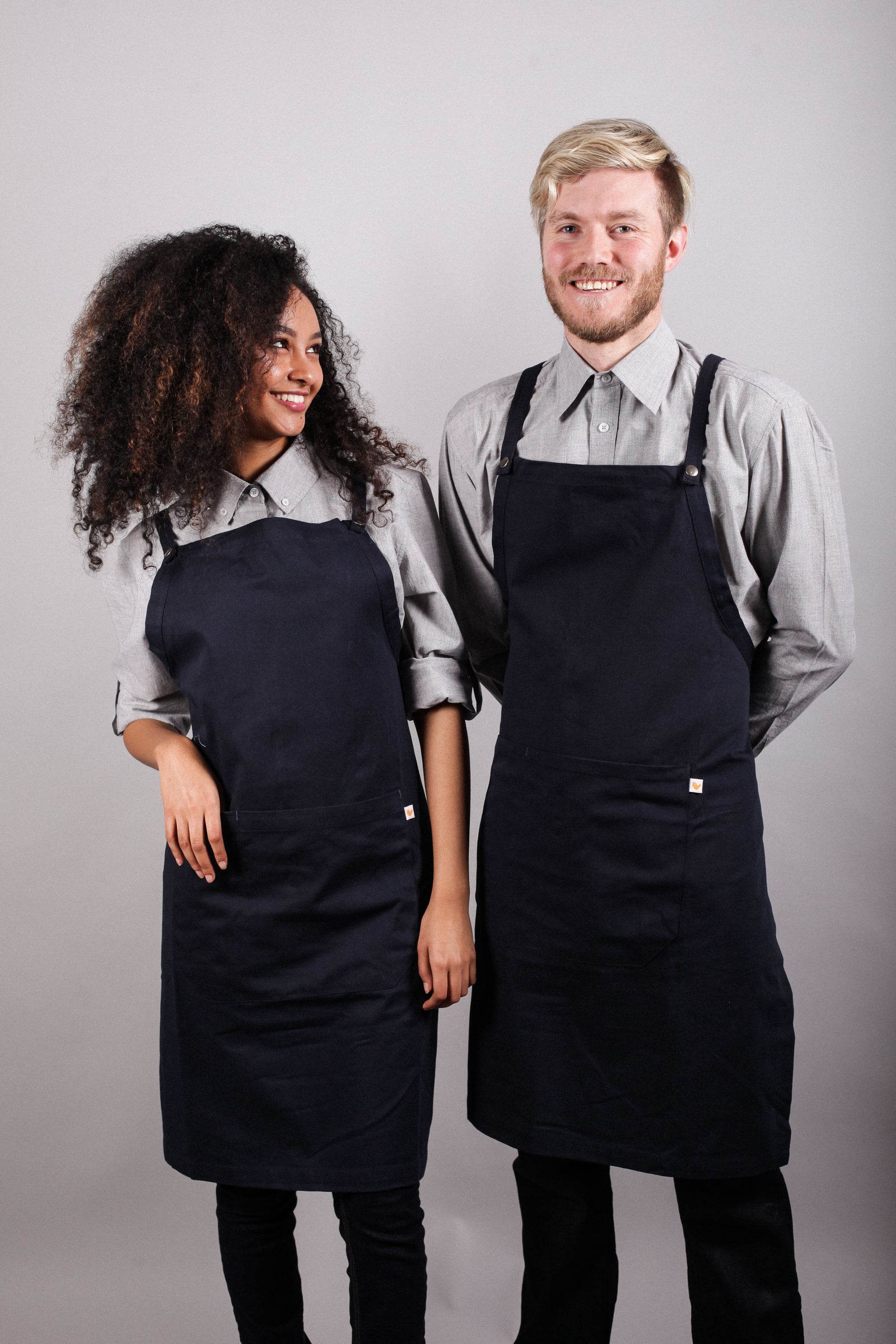
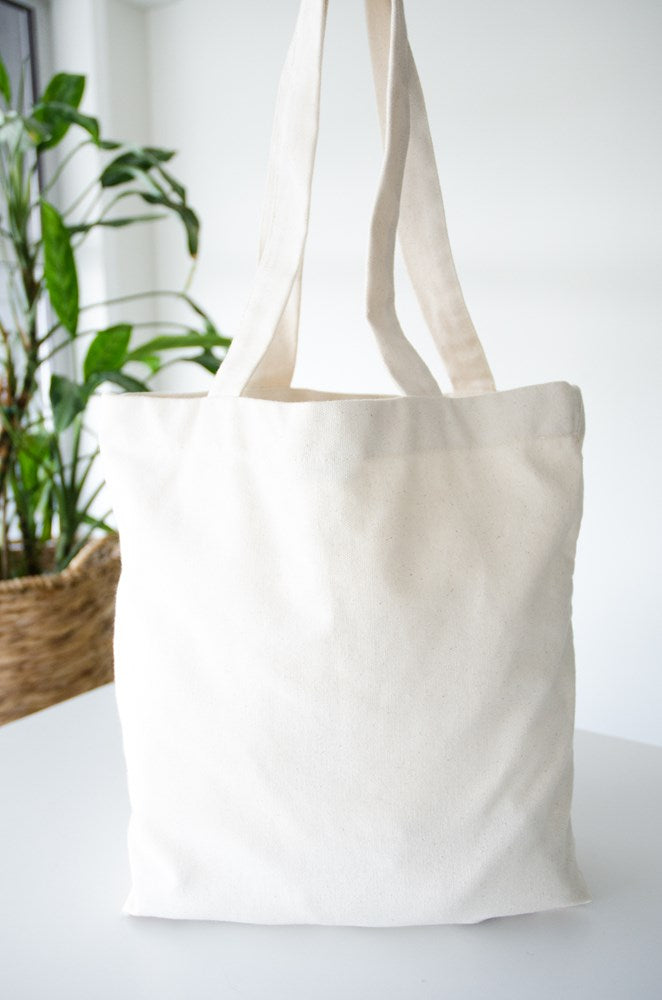
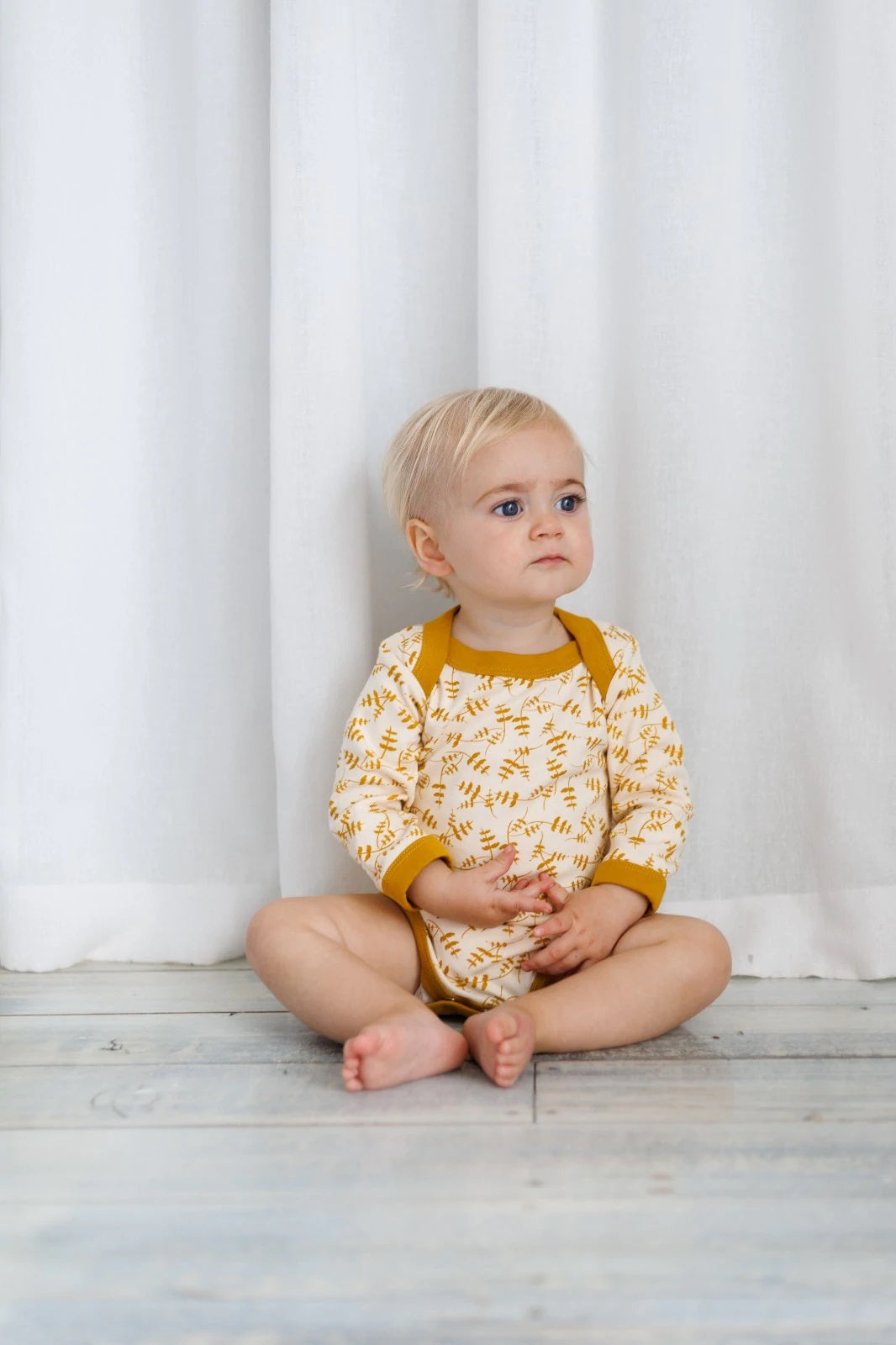

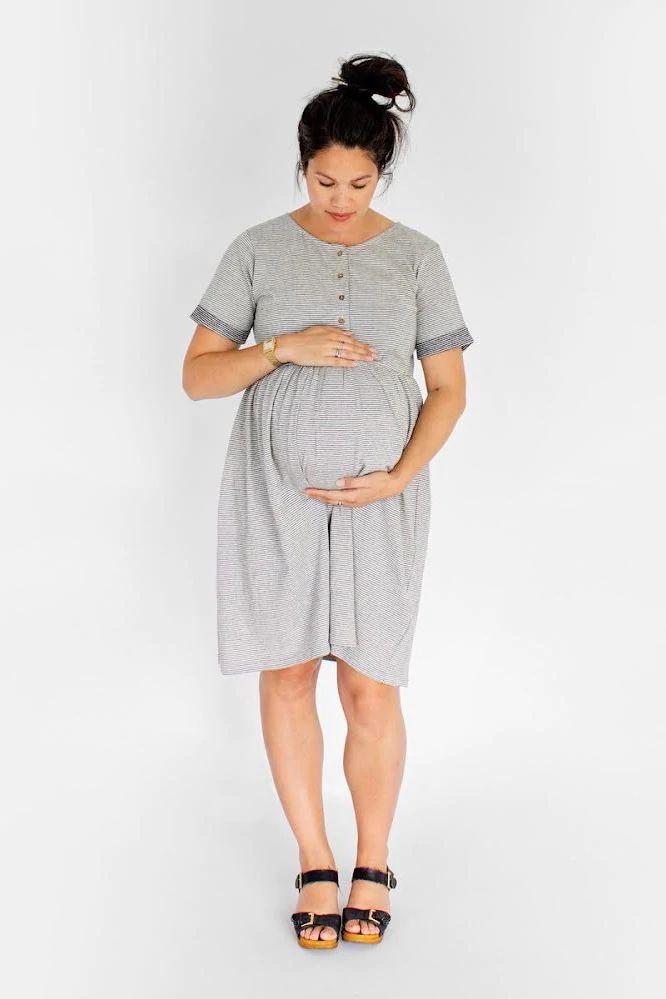
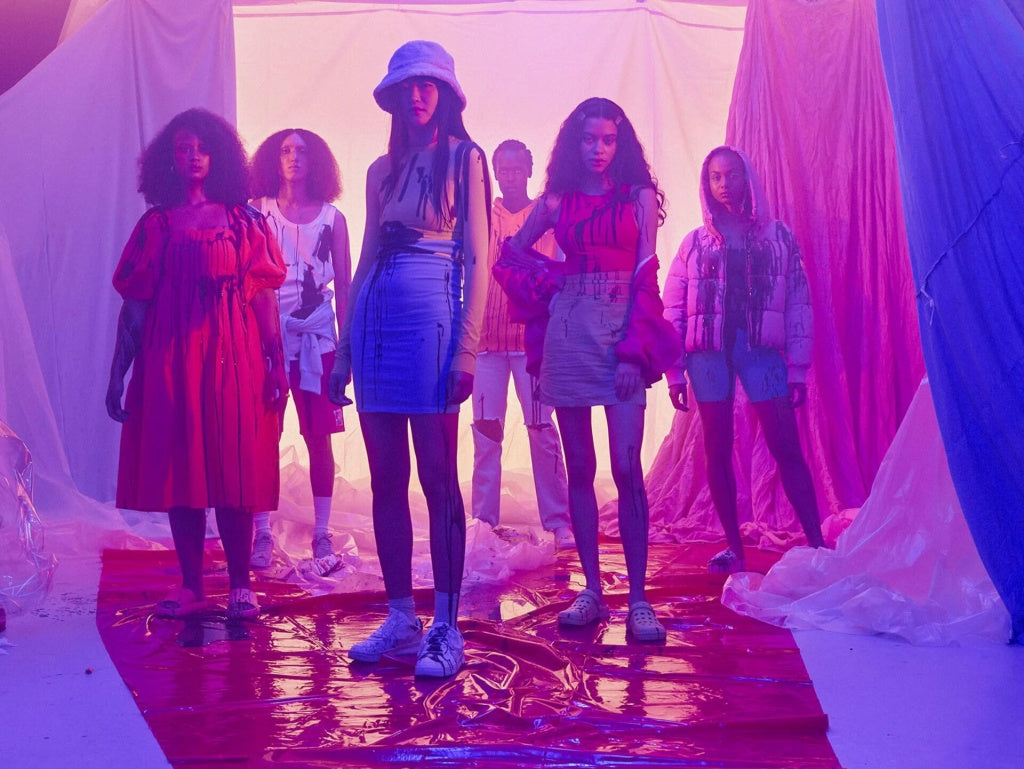
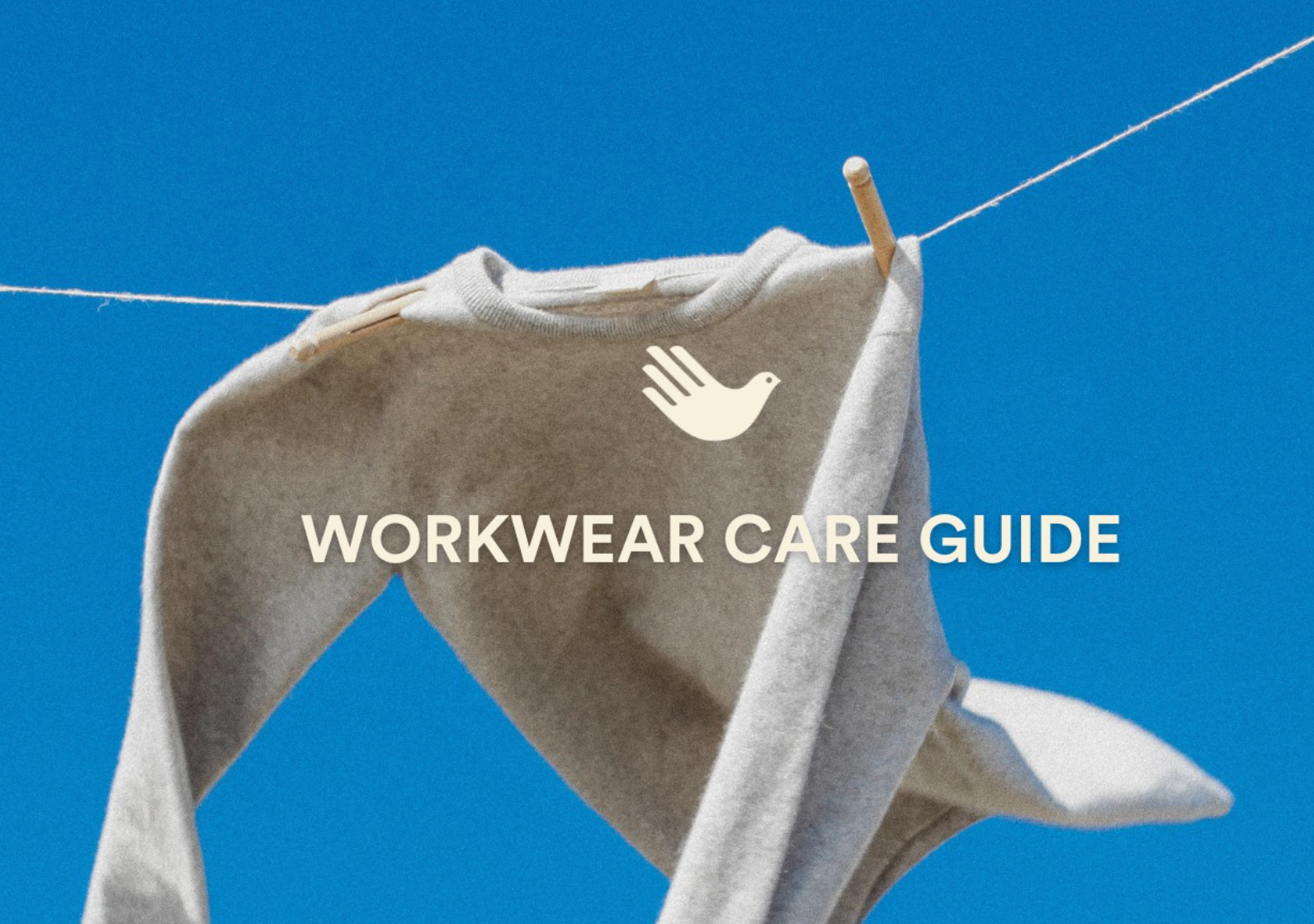
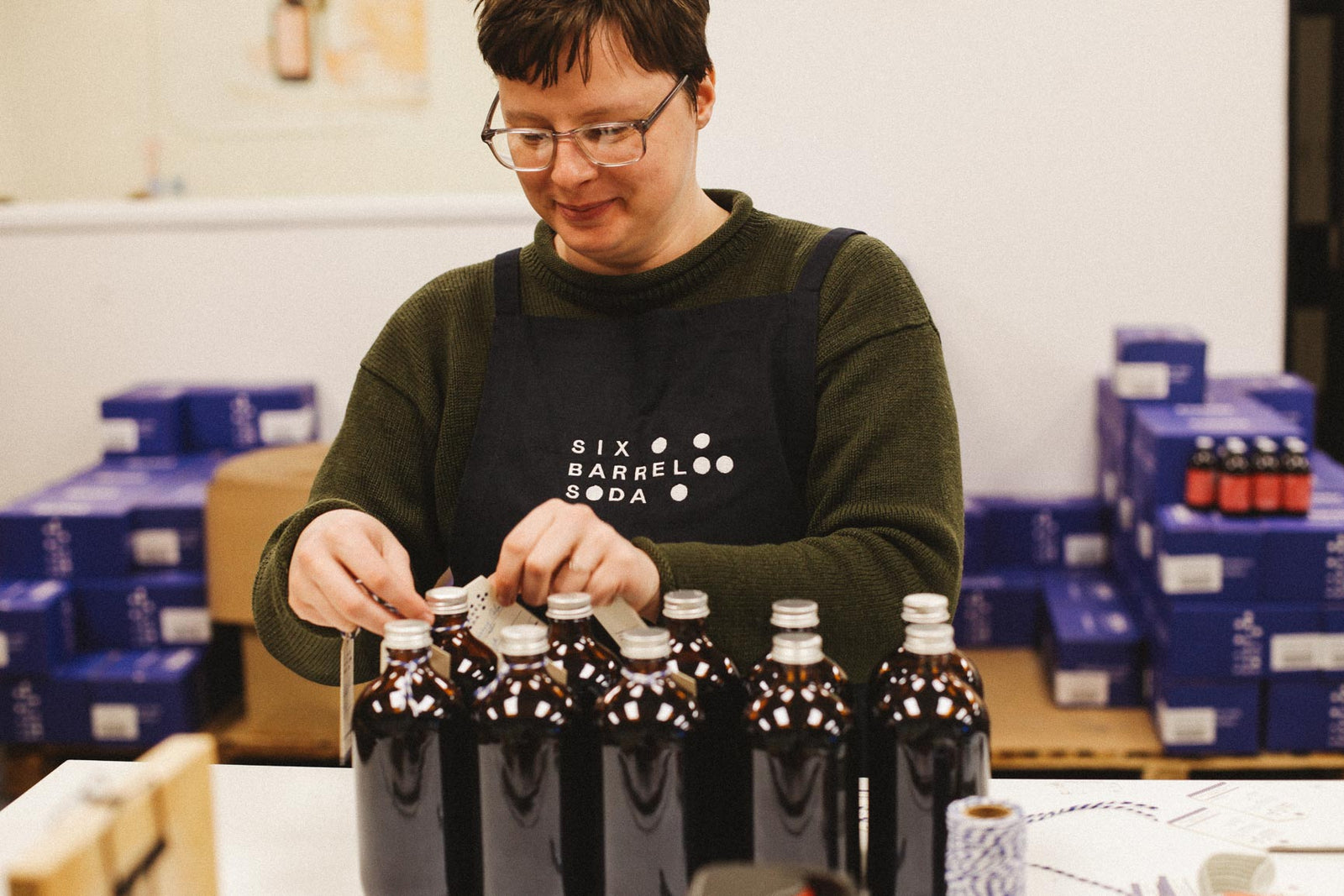
Leave a comment (all fields required)